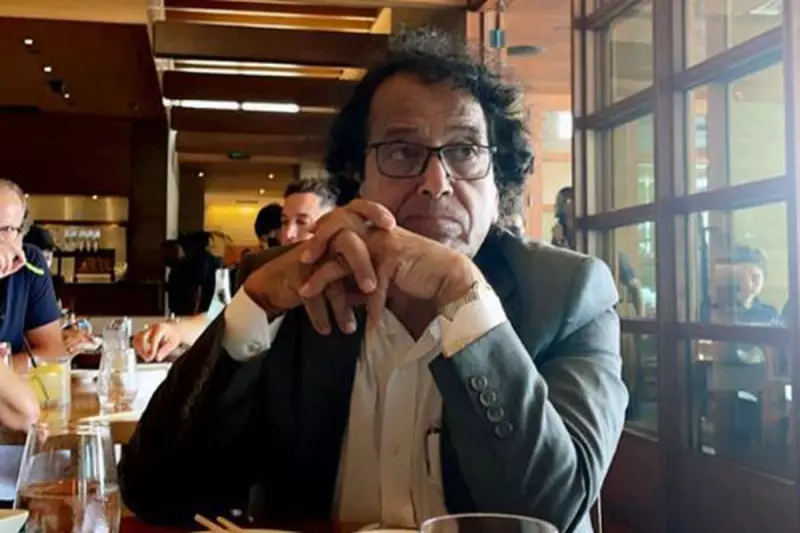
After years of detention, American retiree Saad Almadi is finally returning to his home in Florida following a dramatic diplomatic intervention. The 75-year-old dual citizen had been sentenced to 19 years in a Saudi prison for posting tweets critical of the Riyadh government.
The Case That Sparked International Concern
Saad Almadi's ordeal began in 2021 when he was convicted for writing 14 tweets that expressed disapproval of Saudi policies. The retired engineer, who had lived in the United States since the 1970s, saw his charges later reduced to so-called "cyber crimes" under Saudi law. His punishment included a staggering 30-year travel ban preventing him from leaving the kingdom.
The case against Almadi centred on social media posts where he allegedly encouraged Saudi citizens to seek Lebanese citizenship and criticised the kingdom's defences against Houthi rocket strikes. More controversially, he expressed support for renaming a street in Washington DC after Jamal Khashoggi, the journalist killed in the Saudi consulate in Istanbul in 2018.
Diplomatic Breakthrough Following High-Level Meetings
The breakthrough came shortly after Saudi Crown Prince and Prime Minister Mohammed bin Salman met with Donald Trump at the White House. Remarkably, Almadi's release comes five months ahead of the scheduled lifting of his travel restrictions.
In an emotional statement, the Almadi family expressed their joy at the development. "Our family is overjoyed that, after four long years, our father, Saad Almadi, is finally on his way home to the United States!" they declared. The family specifically thanked President Donald Trump and his administration, along with Dr Sebastian Gorka from the National Security Council and officials at the State Department.
Ibrahim Almadi, Saad's son, also acknowledged support from various non-profit organisations including the James Foley Fund and Hostages America, as well as House Speaker Mike Johnson.
Broader Context of US-Saudi Relations
Almadi's release occurs against a complex backdrop of US-Saudi relations. The announcement followed President Trump's speech emphasising strong ties between the two nations, including arms sales and investment deals.
When questioned about Jamal Khashoggi's killing during the Washington visit, Trump stated that the crown prince "knew nothing" of the journalist's murder. Mohammed bin Salman has consistently denied any wrongdoing, describing the incident as a "painful" and "huge mistake" while maintaining that Saudi Arabia conducted a proper investigation.
Pressure to secure Almadi's freedom had been building since Trump's trip to Saudi Arabia in May. The case highlights the ongoing tensions between diplomatic relationships and human rights concerns, particularly regarding online dissent and freedom of expression.
Almadi represents one of several American dual citizens facing exit bans from Saudi Arabia following the kingdom's crackdown on digital criticism. His son had previously claimed that authorities pressured Almadi to sign papers renouncing his US citizenship during his detention.
The resolution of this case demonstrates how high-level diplomacy can impact individual freedoms, while raising continuing questions about the protection of civil liberties in an era of increasing digital surveillance and control.





